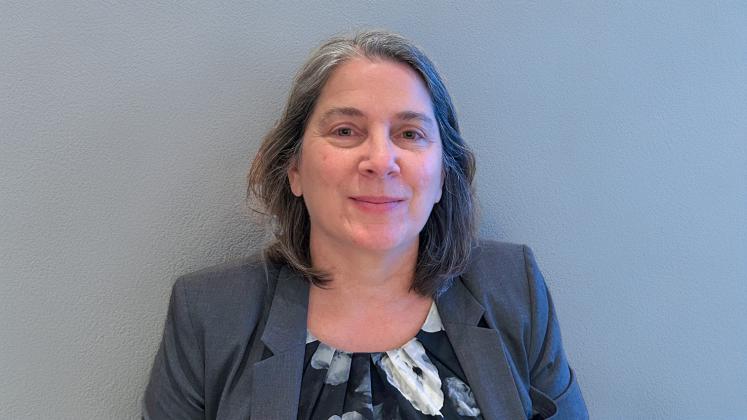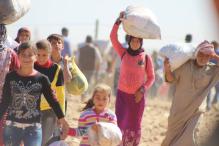On 22 November 2024, UNU will host “Fragility, Conflict and Violence: How Anticipatory Action Can Support Fragile States”, a conversation with Nabila Assaf, Deputy Director of the Fragility, Conflict and Violence Group at the World Bank, and Manager of the Global Concessional Financing Facility. This event will start at 18:30 in the 2F Reception Hall at UNU Headquarters in Tokyo.
Fragility, conflict, and violence (FCV) present a critical development challenge that threatens efforts to end extreme poverty in both low- and middle-income countries. By 2030, nearly 60% of the world’s extreme poor will live in countries affected by FCV. Anticipatory action to prevent crises from escalating, strong partnerships with regional and international stakeholders, and engaging private sector actors are critical to transitioning out of fragile and conflict-affected contexts.
Nabila Assaf will join UNU Chief of Staff Michael Baldock for a discussion on the risks affecting regions subject to FCV, and the work of the World Bank in tackling these challenges. What are the key elements of an effective prevention strategy? What can be learned from past prevention efforts? What hurdles do international organizations, including the World Bank, face when working in fragile regions?
The UNU Conversation Series aims to foster audience participation; you are encouraged to engage with the speakers during the conversation and at the reception that will follow, where all event attendees are invited to enjoy hors d’oeuvres and drinks while exchanging ideas and making new contacts.
Please note that this event will be in English. Advance registration (by 21 November) is required. Please click on the REGISTER button above to access the online registration page.
Please be prepared to present identification at check-in.
About the Speaker
Nabila Assaf is the Practice Manager of FCV Support Unit 1 in the Fragility, Conflict, Violence and Forced Displacement Group at the World Bank. Prior to that she was Senior Private Sector Specialist, and then Practice Manager, for Finance, Competitiveness and Innovation Global Practice in the Middle East and South Asia regions, and held positions in the former Fragile and Conflict States Unit and the World Bank’s Jerusalem country office.
Her work has focused largely on private sector development and jobs in fragile and conflict-affected contexts. Prior to her work at the World Bank, she spent most of her career working in industry, management consulting, and private sector and export development in teh Middle East and North Africa, South Asia, and the US. Nabila has a master's degree in industrial engineering and management from the University of Washington.



